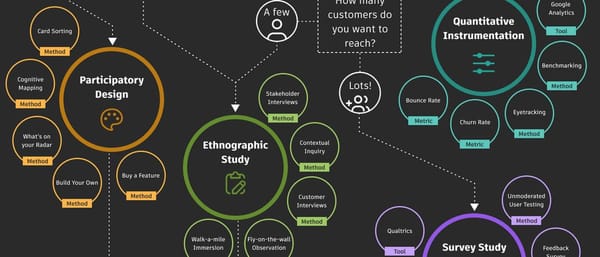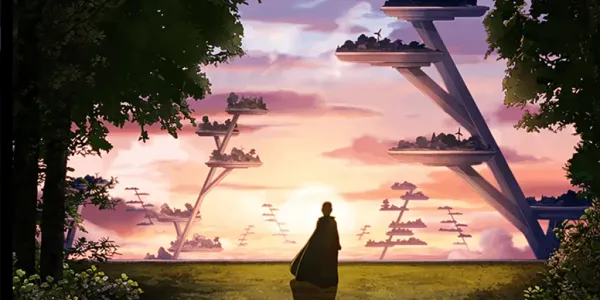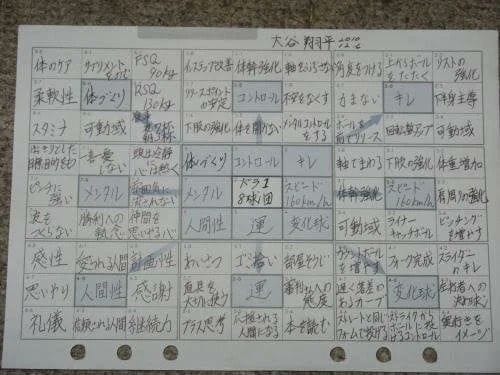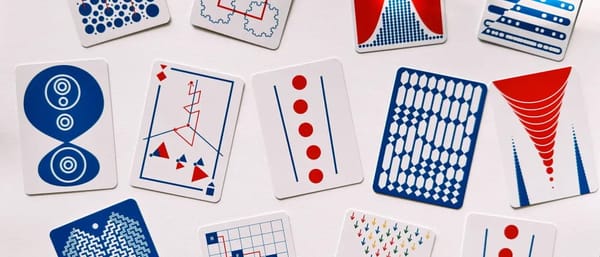№ 37 | “Better Living Through Algorithms” (Short Story), Vital Differences, a Problem Framing Canvas, Two Principles for Decaying Platforms, and How Nintendo Solved Zelda’s Open World Problem
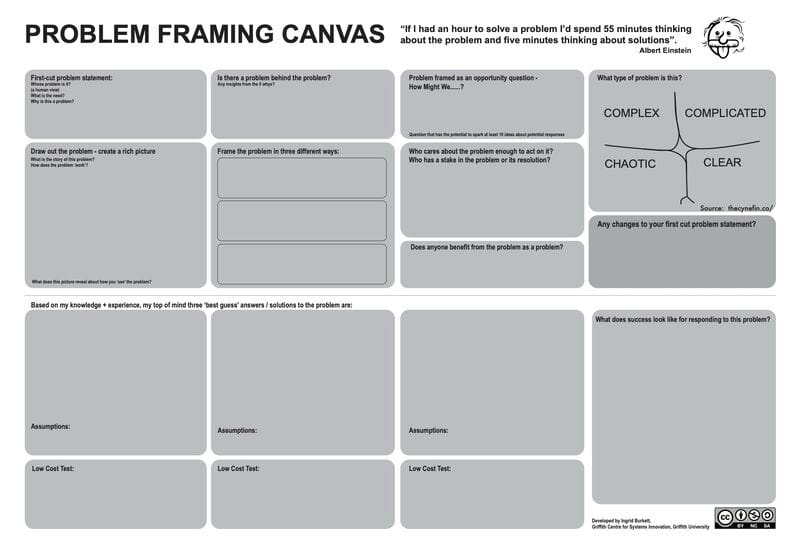
“Better Living Through Algorithms”
Wow. This short story—“Better Living Through Algorithms” by Naomi Kritzer—would be a great piece to discuss as a group. I previously mentioned I had read the book All the Birds in the Sky; it also has a similar sub-plot, that of an app everyone uses that seems to succeed at, well, making everyone much happier.
Differences that make a difference
Words matter, “whether we are talking about teaching or learning. About goals or direction. About feedback or dialogue.” Here’s a list of 46 word pairings, that contrast nicely when held next to each other.

A problem framing canvas?
A problem framing canvas? I like that the majority of these boxes are like ‘Are you sure? Like, really sure you have a problem? Like, how do you know for sure? Is this the real problem?’ 😆

Two principles to protect internet users from decaying platforms
I love these two proposed principles to protect internet users from decaying platforms:
- The end-to-end principle: service providers should strive to deliver data from willing senders to willing receivers as efficiently and reliably as possible.
- A right-to-exit: an obligation on tech companies to facilitate users’ departure from their platforms.
I don’t, however, love the circumstances that have led to a call for these principles… This quote feels all too true:
Internet platforms have reached end-stage enshittification, where they claw back the goodies they once used to lure in end-users and business customers, trying to walk a tightrope in which there's just enough value left to keep you locked in, but no more. It's ugly out there.
😬

From Cory Doctorow, of course.
Let’s end on something lighter…
How Nintendo solved Zelda’s open world problem
Open world games? Paths in the sandbox? I love learning about this stuff.
How do you make an open world where the player is completely free to explore - but is also led towards key locations that will advance the story? This was the biggest challenge that Nintendo faced when making their very first open-world game, The Legend of Zelda: Breath of the Wild.
Find out how they solved this challenge in this YouTube video How Nintendo Solved Zelda’s Open World Problem.


